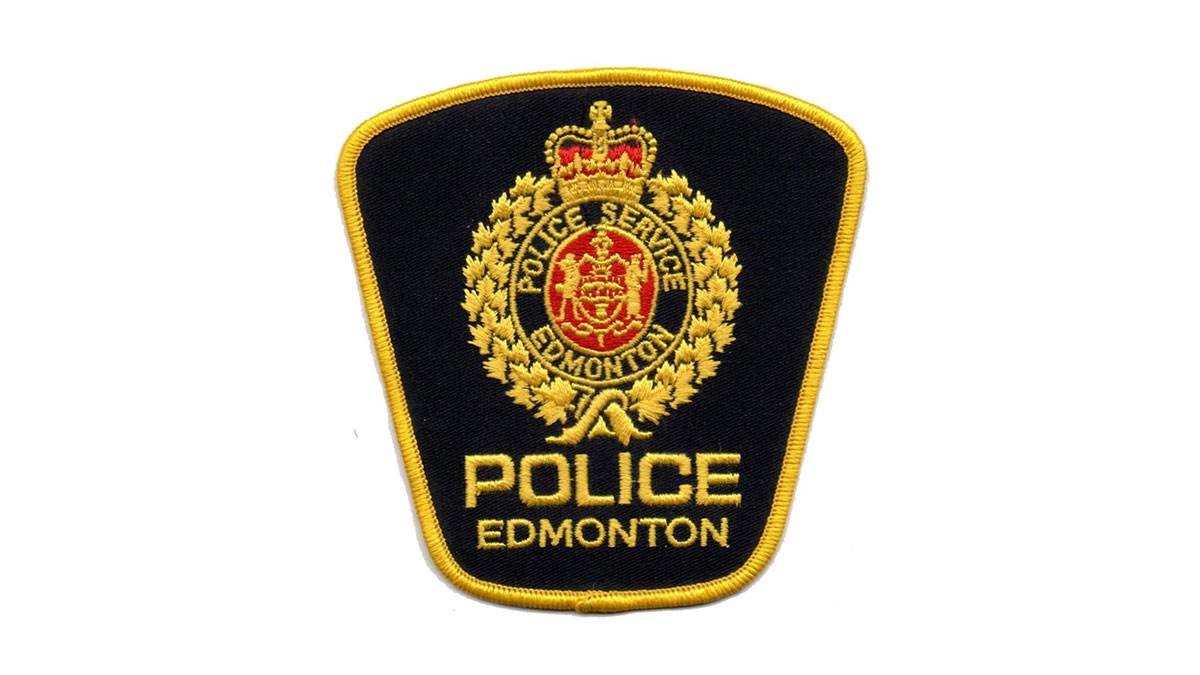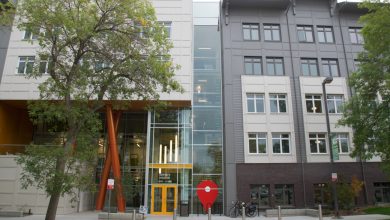 Supplied — Dave Conner
Supplied — Dave ConnerEveryone, I’m tired.
I was tired when the Police Union VP dismissed carding as an issue. I was tired when the Edmonton Police Commission hired a researcher with ties to the Canadian Police Association and who tweeted, as quoted in the Edmonton Journal, “it may be hard to be a young black man in the U.S. But I wouldn’t wish being a police officer in 2014 on my worst enemy.”
It’s just exhausting seeing these antics. While the staunch resistance to Black Lives Matter’s criticism of the police is in no way surprising, the ridiculous mental gymnastics people will play to reject criticism while still trying to claim they are racism-free is mind-boggling. Take for example the justification from city councillor Moe Banga, whose explanation of the benefits of carding ignores the issue at hand. The problem with carding is that information isn’t taken during a legitimate stop or investigation, but rather in arbitrary stops without cause. I’m unsure if Banga’s defence of carding as a “valid tool” for police is a deliberate mischaracterization, or rather a blindness to the issue despite how often and clearly it’s been iterated. Regardless, it needs to stop.
Banga might not know why certain groups are carded more often, but I certainly do; it’s unconscious or conscious bias towards racialized people, particularly black and indigenous people. It’s generally referred to as racism, but seeing as that seems to elicit the automatic response of “it’s not racist,” let’s just call it the “very weird trend of racialized folks getting stopped more” or the “very weird trend” for short. It’s not as if police officers are unaware of “the very weird trend,” nor is it the case that the “very weird trend” was manufactured out of false data, since the data was provided by the police. So then, it seems strange to me to suggest that the solution to this apparently baffling issue requires justifications in police reports.
The question isn’t “is this happening?” or “is it a problem?” The question is “What are we doing to fix it?” That Banga doesn’t see this isn’t only distressing, but also a symptom of the issue itself. After all, it doesn’t seem racist since the racial disparity in carding is reflected in the racial disparity of prisons. That’s the problem: our justice system as a whole has a race issue. What’s worse is we as Canadians are very content to sweep it under the rug, since we like to consider ourselves a multicultural post-racial utopia. This issue is so much more than just carding, though I would be overjoyed if I could walk down the streets and not worry about getting stopped just for being black. This issue is about how we over-police racialized communities in the first place, which leads to higher rates of incarceration and higher rates of carding.
I’ll scream it from the rooftops if I have to, but it’s not going away.




